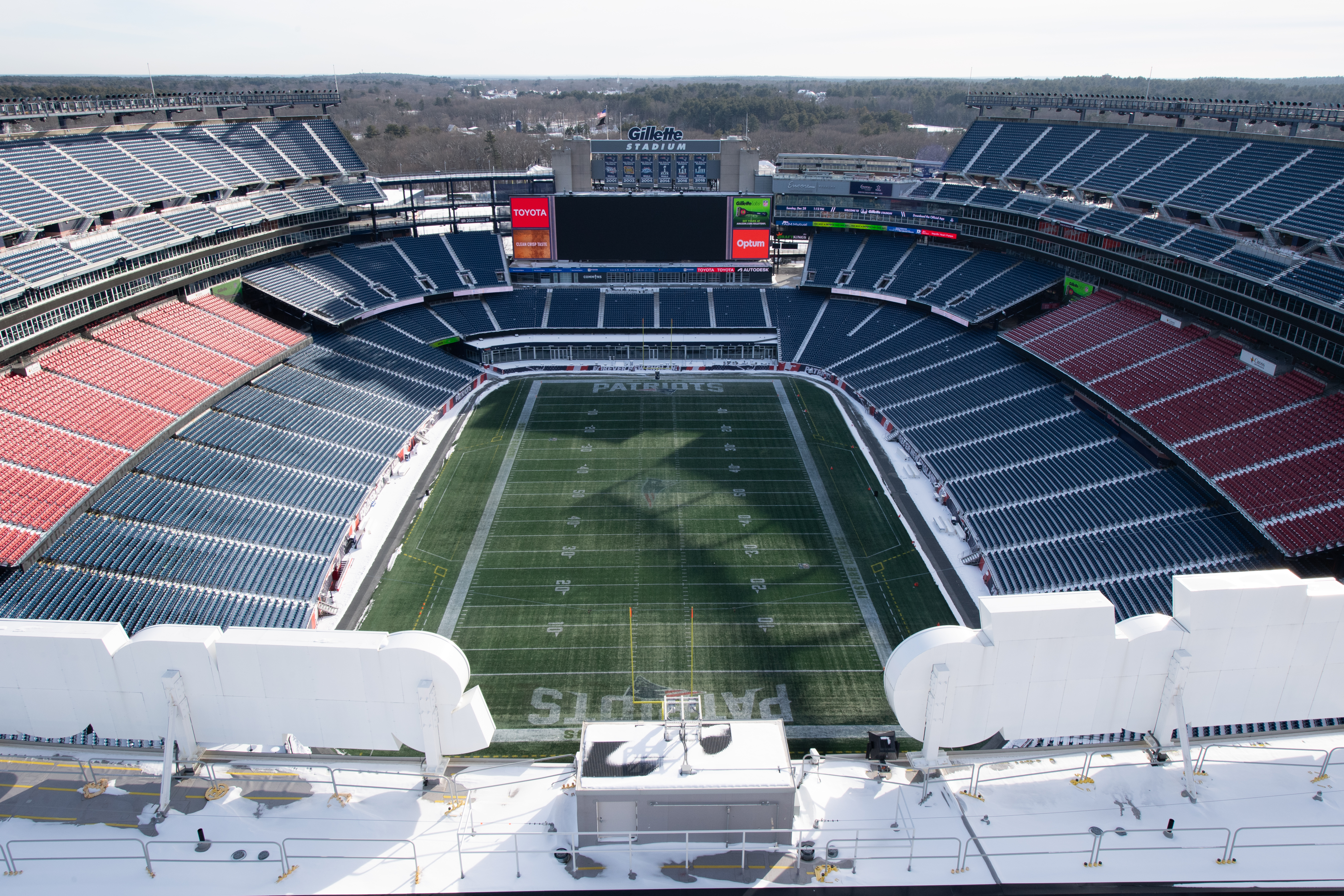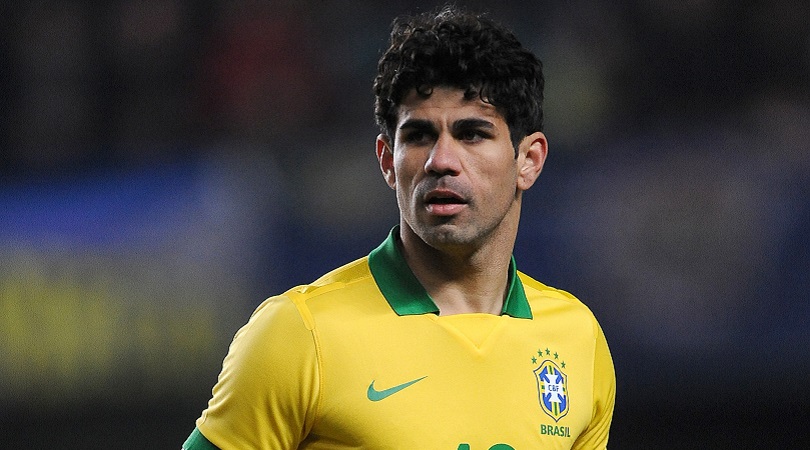
International changes
The 2018 World Cup is now less than two months away, with all 32 managers currently in the process of drafting 23-man squads in their heads.
It’s not beyond the realms of possibility than an uncapped player could switch international allegiance in time for the tournament. In this slideshow, we pick out eight footballers who have done exactly that in the past.
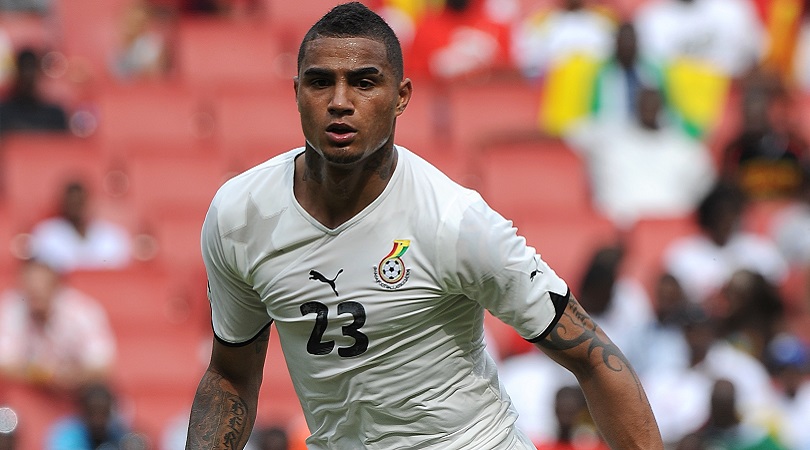
Kevin-Prince Boateng (Ghana)
Born and raised in Germany, Boateng played for his birth country’s youth teams but was dropped from the under-21 squad for breaking a curfew. He received a Ghanaian passport in 2010 - just in time to represent them at the World Cup in South Africa after FIFA changed the age limit rules on players switching allegiance.
He retired from international football at 24 but then reversed his decision in time for the 2014 World Cup, from which he was sent home early for an alleged “vulgar verbal assault” aimed at coach Kwesi Appiah. Now 31, Boateng hasn’t played for the Black Stars since – and as Ghana aren't going to Russia, that will probably be that.
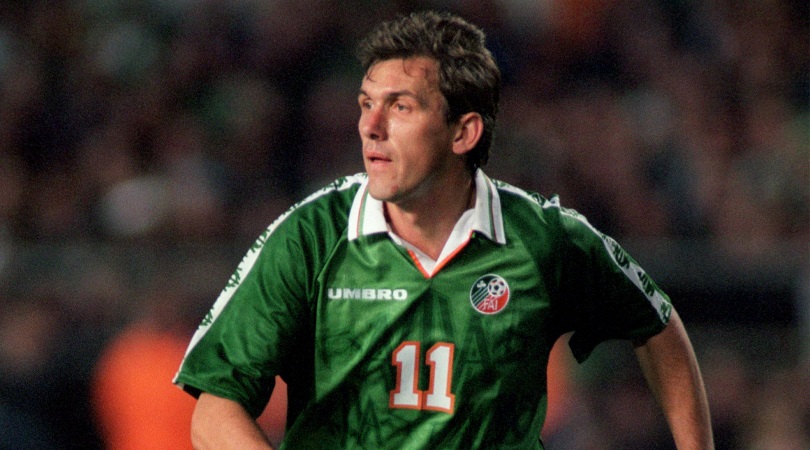
Tony Cascarino (Republic of Ireland)
After winning 88 caps for the Republic of the Ireland, Bromley-born Cascarino admitted in his 2000 autobiography that he should never have played for the country: “I didn't qualify for Ireland. I was a fraud… a fake Irishman.”
The striker revealed that he was refused an Irish passport by the authorities in 1985, but carried on regardless as he'd already played for the Republic three times. The Millwall legend had originally believed he qualified under the one grandparent rule, only for his mother to reveal in 1996 that his grandfather wasn't a blood relative.
The Football Association of Ireland said there was no evidence that Cascarino was ever refused a permanent passport, and FIFA took no retrospective action.
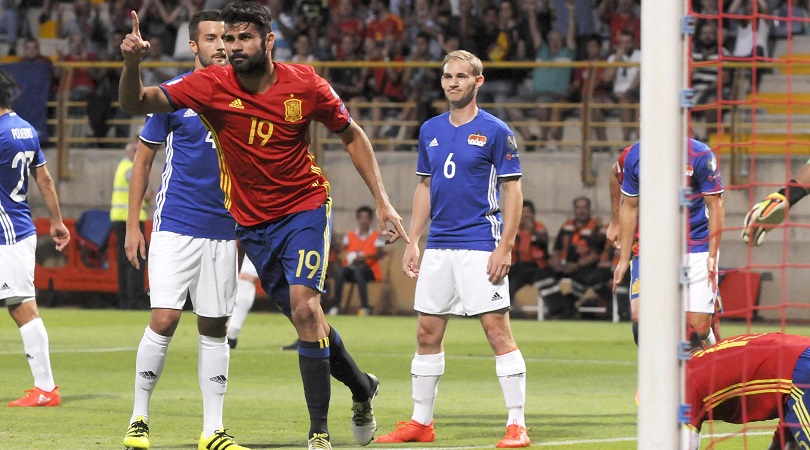
Diego Costa (Spain)
After playing in two friendlies for Brazil under Luiz Felipe Scolari, Costa declared his allegiance to adopted homeland Spain after a frank discussion with coach Vicente del Bosque in 2013.
The then-Atletico Madrid man insisted he had “a special affection” for the Spanish people, even if that love wasn’t always reciprocated. A disastrous World Cup campaign in his birth nation followed, with Spain thumped by the Netherlands and knocked out after just two group matches.
Although a reliable goal-getter at club level, it took Costa seven games to register his first for la Roja – and that came against Luxembourg. He’s still expected to be a key part of Julen Lopetegui’s squad this summer, though.
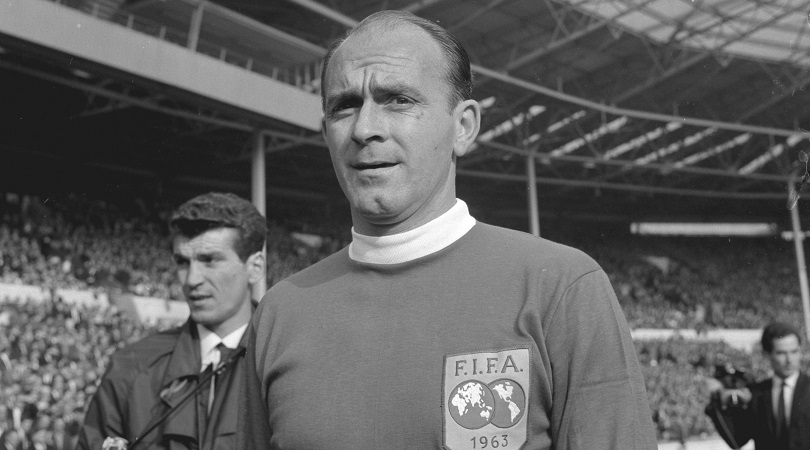
Alfredo Di Stefano (Colombia, Spain)
The Real Madrid legend won five consecutive European Cups with the same club between 1956 and 1960, but international wanderlust and politics saw him play for three nations.
He turned out six times for his homeland, Argentina, before a players’ strike over money saw most of their stars decamp to Colombia, for whom he picked up another four caps which weren't officially recognised.
In 1954, FIFA ruled that Di Stefano couldn't represent Spain, but that decision was reversed after he gained citizenship three years later. The ‘Blond Arrow’ went on to win 31 caps for the European nation, racking up an impressive 23 goals.
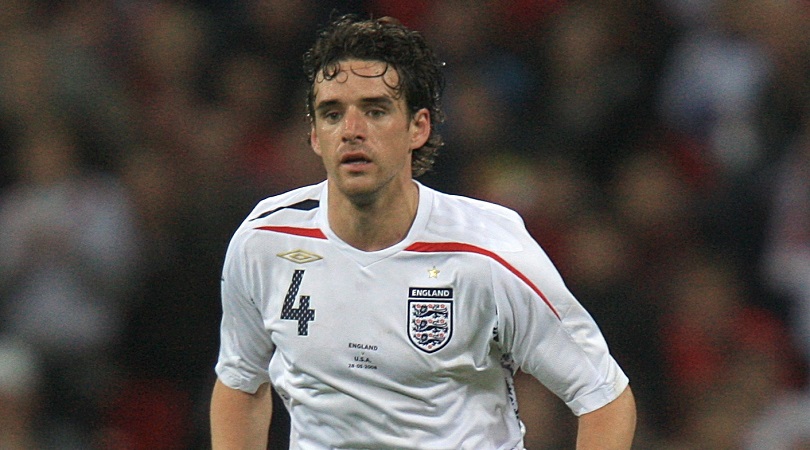
Owen Hargreaves (England)
Raised in Canada by a Welsh mother and English father, Hargreaves experimented with all of his options before settling on the Three Lions. As a 15-year-old he had a trial for Canada's U17 side, but was rejected; Hargreaves then set off for Europe, where he was schooled at the Bayern Munich academy and even made his Wales Under-21 debut at the 1998 Milk Cup.
England came calling in 2000, though, and the tenacious midfielder – who won league titles and the Champions League with both Bayern Munich and Manchester United – won 42 caps for his country.
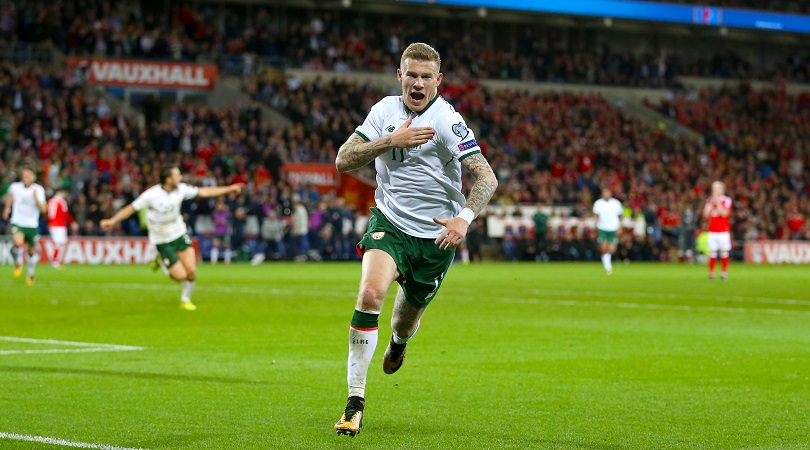
James McClean (Republic of Ireland)
The West Brom winger was born in Northern Ireland and represented the nation seven times at under-21 level. Then, like Darron Gibson before him, he chose the Republic of Ireland under the terms of the Good Friday Agreement – just in time to make the cut for Euro 2012.
Regretting his original decision to play for the North, McClean explained: “I didn’t feel part of the squad. And I think any Catholic player, if they said they did, I’d probably call them a liar.”
During West Brom’s 2015 summer tour of the USA, the Derry-born player turned his back on the British national anthem.
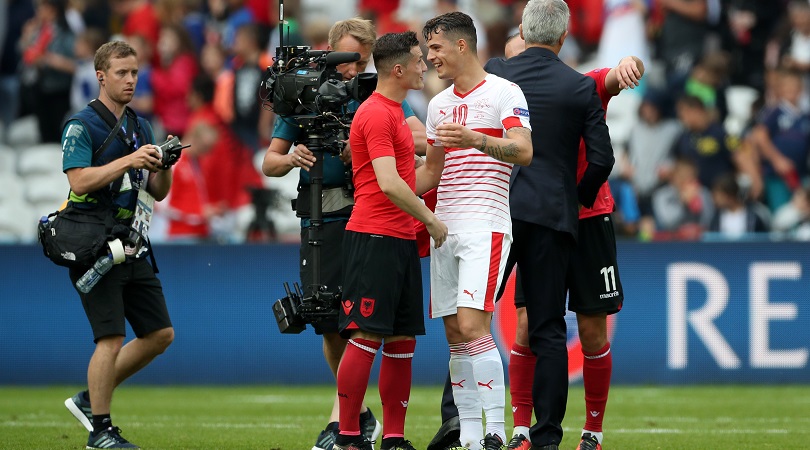
Granit Xhaka (Switzerland) and Taulant Xhaka (Albania)
At Euro 2016, the Basel-born Xhaka brothers became the first siblings to play against each other at a European Championship.
Older brother Taulant had played for the Swiss at youth level, but on the advice of Switzerland's Granit chose to switch to Albania. When they went head-to-head at the Stade Bollaert-Delelis, the siblings’ mum was in the crowd with a T-shirt displaying the flags of both nations.
The story became more complicated when Granit was later invited to represent Kosovo, his parents’ homeland, and said he would be proud to do so. This led to criticism from the Swiss media, who accused him of lacking commitment to his birth country: the Swiss squad at Euro 2016 contained no fewer than 14 players of dual nationality.
Greg Lea is a freelance football journalist who's filled in wherever FourFourTwo needs him since 2014. He became a Crystal Palace fan after watching a 1-0 loss to Port Vale in 1998, and once got on the scoresheet in a primary school game against Wilfried Zaha's Whitehorse Manor (an own goal in an 8-0 defeat).
 Join The Club
Join The Club











